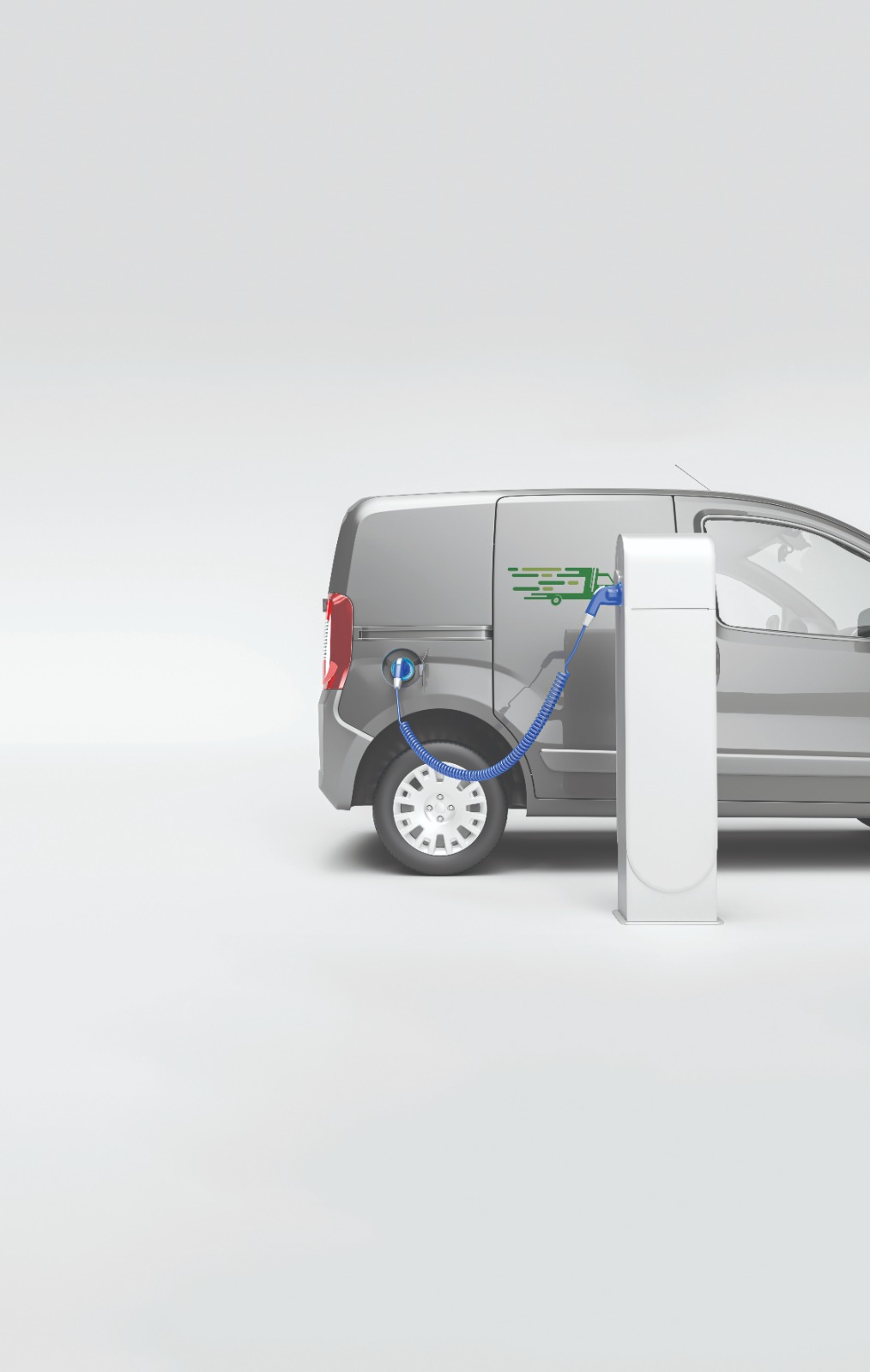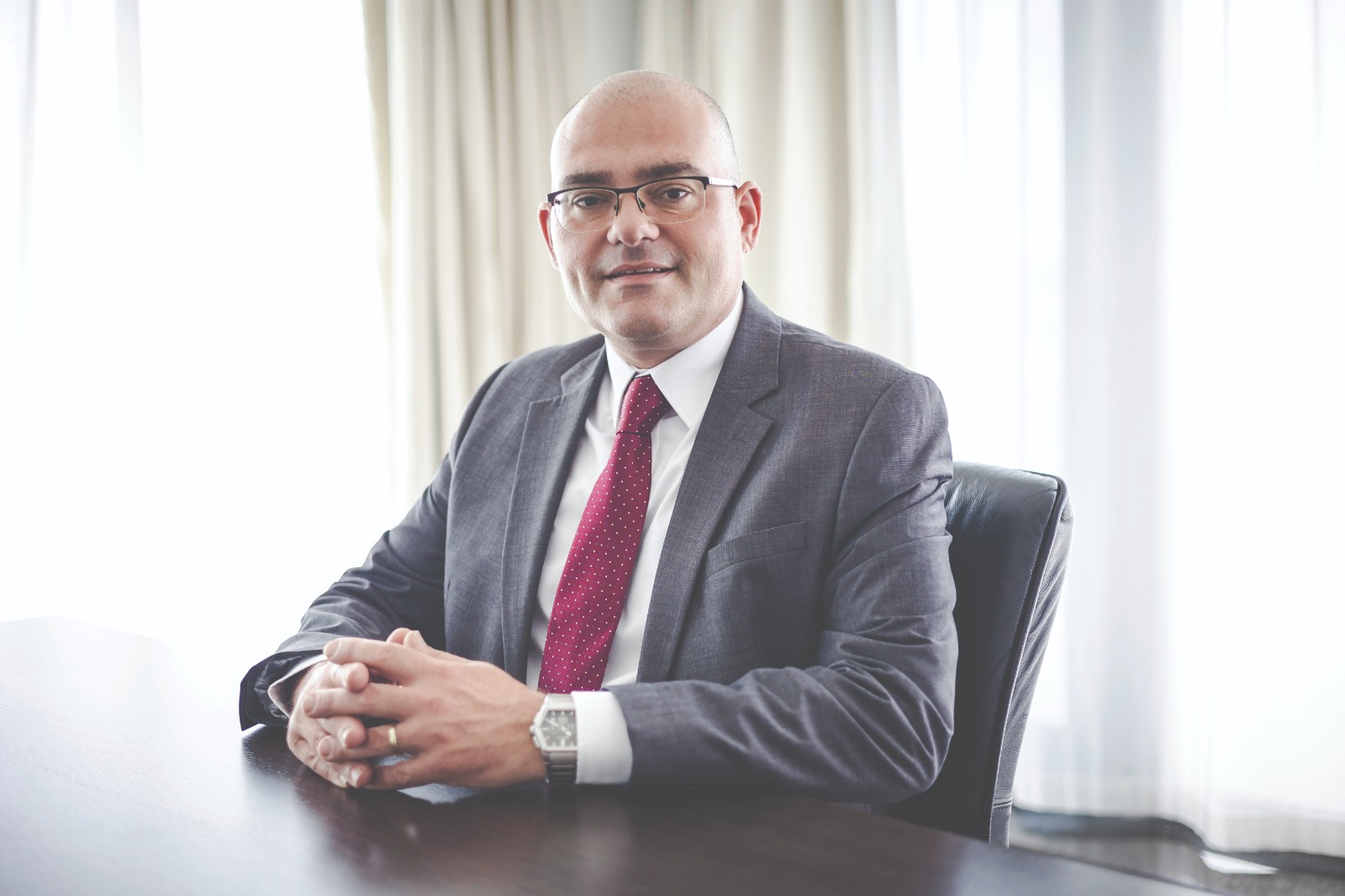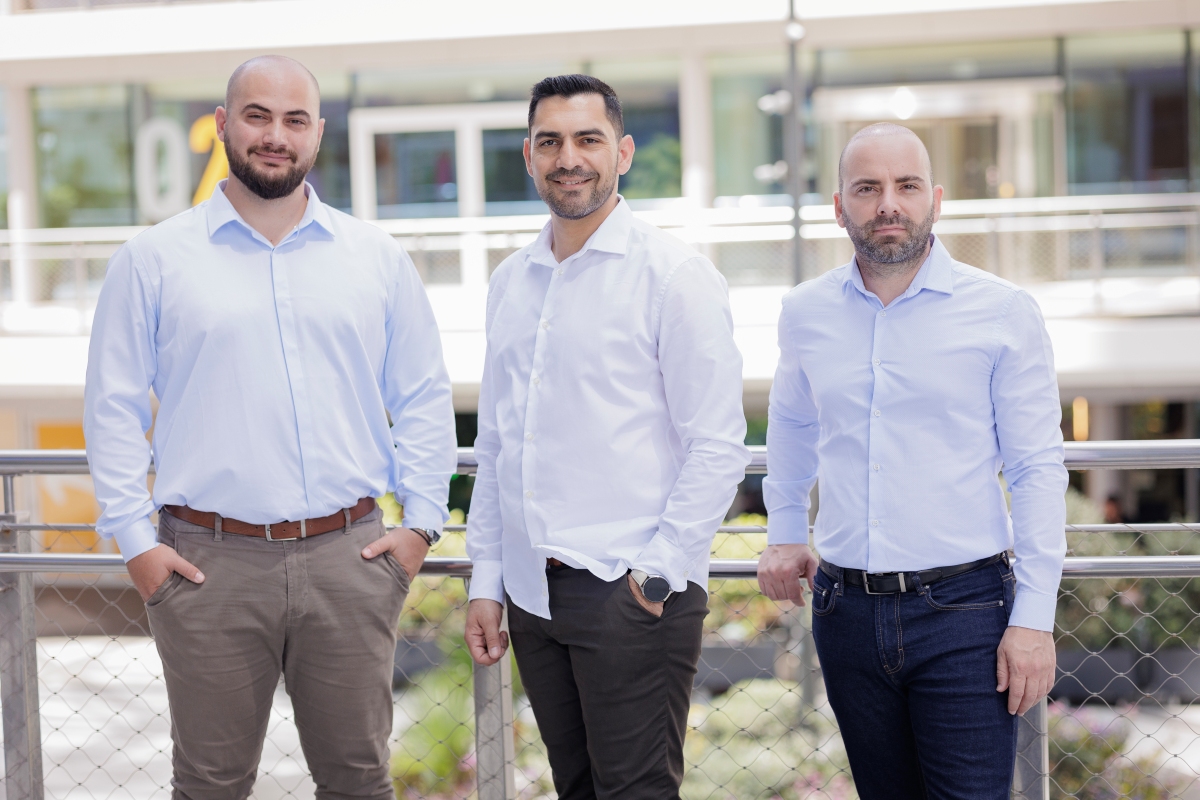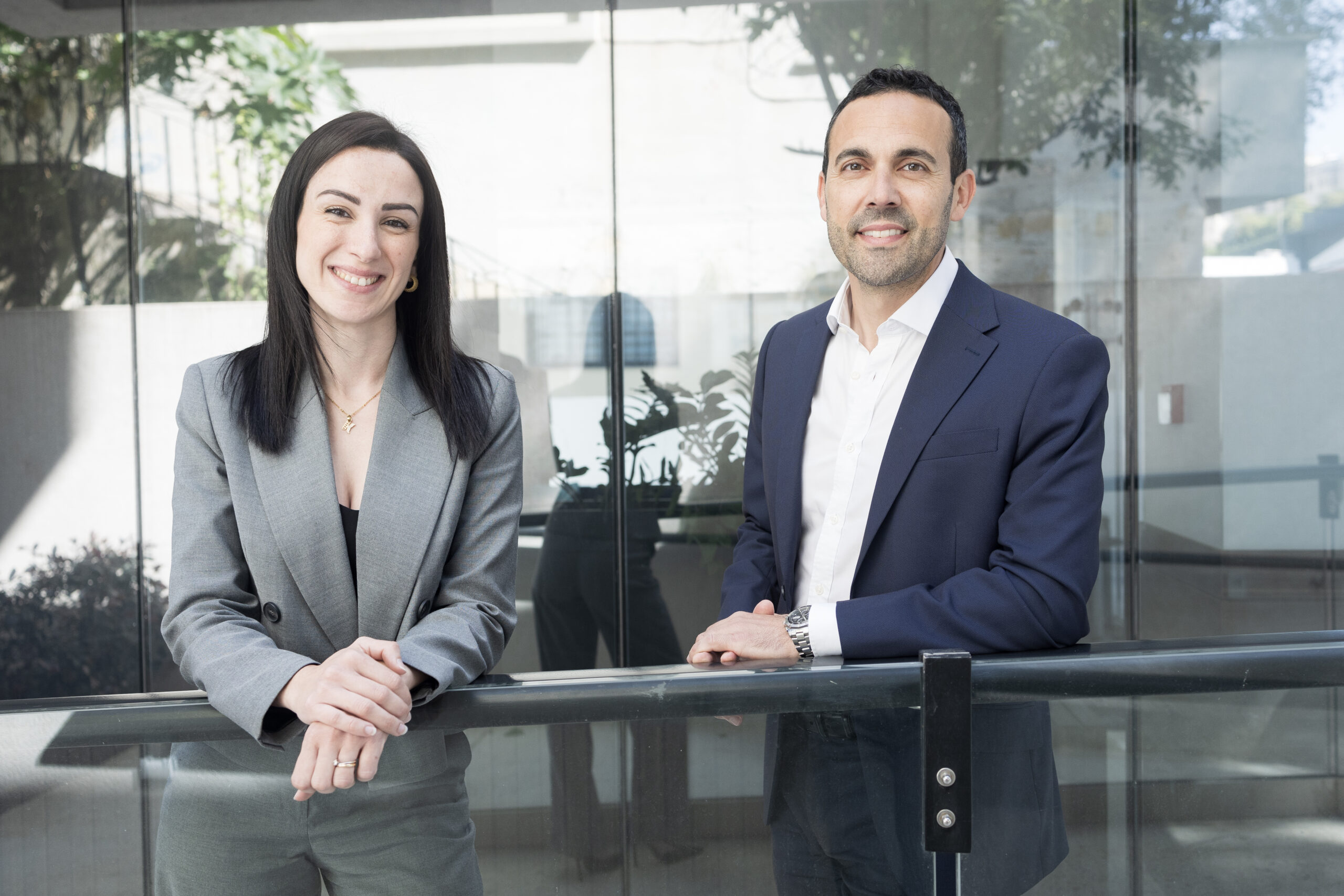Until recently, sustainability was often understood as a mere buzzword. Now, it is a vital principle underpinning global and local plans for economic regeneration. That means that businesses are facing increasing pressure to factor in resource efficiency at every level of their work, as governments race to meet ambitious international targets to cut emissions.
The investments needed are substantial and capital intensive, but the journey to a green economy is not one that businesses will have to take on their own. Recognising that the effort required needs to be undertaken in a spirit of partnership if it is to be successful, both the European Union and Malta’s Government are stepping in to help economic actors do their bit.
Earlier this year, the leadership of Malta’s largest bank, BOV, stated that the bank’s roadmap is guided by environmental, social and governance (ESG) considerations. The products it has recently brought to market reflect this, with innovative credit products designed to make it easier than ever for businesses to undertake the investment needed to place sustainability at the heart of their operations.
BOV CEO Kenneth Farrugia has previously acknowledged the responsibility that lies upon banks’ shoulders during this period of transition to a greener economy, saying “it is up to us to develop flexible financial solutions to incentivise market players to implement the required changes.”

Here, BOV Business Development Executive Kenneth B. Micallef elucidates the bank’s Business Energy Loan Package, one of the green initiatives being undertaken by BOV in line with its environmental commitment.
“The provision of energy efficient financing to the business community falls squarely within this strategy,” he says, explaining that the objective of the package is to support enterprises of all sizes in improving their energy efficiency and introducing renewable energy into their energy mix.
“What is most attractive about the Business Energy Loan Package,” he continues, “is the fact that this loan comes totally interest free.”
With global and European interest rates shooting up throughout 2022 and the first part of 2023, the prospect of interest-free loans may be met with incredulity. The attractive rate is supported by the Maltese Energy Efficiency (EE) and Renewable Energy (RE) fund of funds (EERE Malta), co-financed by the Maltese Government and the European Union under the European Regional Development Fund (ERDF).
The loan is actually granted at a fixed rate of 5.15 per cent, but through the co-financing agreement which governs the package, the customer is given a full rebate to cover all the interest accrued – thus making the loan totally interest neutral.
Unsurprisingly, the effective zero interest rate facility has proven popular among local entities interested in keeping heating, cooling and other energy costs down while putting themselves in pole position to comply with existing and incoming ESG requirements.
Aside from the headline-grabbing interest rate, the BOV Business Energy Loan boasts a number of other features and benefits which make it even more attractive.
For one, it carries no processing or other fees, and businesses may choose to settle it early at no cost. The only charge related to the facility is a commitment fee of 0.5 per cent per annum applied on undrawn loan balances after six months from the issuance of the sanction letter.
The package also comes with reduced security requirements: the bank will only ask for collateral to cover 25 per cent of the amount of the loan. Additionally, in certain cases, it may also grant a moratorium on the repayment of capital for up to six months. Depending on the type of investment being made, the loan can be extended for a period of 10 years and will remain interest free for the entire period.
The maximum loan amount for businesses is €750,000, subject to the regular De Minimis state aid rules. This goes up to €3 million for non-state aid entities like regulated authorities, constituted bodies and NGOs.
Another benefit of the package is the long list of investments that qualify for financing, with Mr Micallef describing it as covering “all those items which will enable businesses to reduce their CO2 emissions.”
This includes investment in energy efficient building systems within the business premises which leads to better insulation, cooling and heating, ventilation, and lighting. On the energy generation side, the installation of photovoltaic panels remains a perennial favourite, as the technology progresses by leaps and bounds every year.
Mr Micallef notes that businesses are also increasingly looking at their vehicle fleet for energy and cost savings, saying that the upgrading of businesses’ vehicles to electric and hybrid motors is gaining momentum.
Turning to eligibility, the BOV executive explains that there is no minimum size for an entity to benefit from the package, and self-employed individuals can also apply. Small and medium enterprises (SMEs), corporate entities, regulatory authorities, constituted bodies, and non-governmental organisations (NGOs) are all eligible for financing under the BOV Business Energy Loan facility.
There are a few economic sectors, such as agriculture, fisheries, property development, and transport, which are excluded from the scheme due to EU state aid rules, but BOV does offer alternative solutions for entities involved in these sectors.
Asked for the typical profile of applicants for a business energy loan, Mr Micallef says that “interest is widespread, and applications are being received from all sectors of the economy.”
“We have applicants who are just starting their business and want to invest in a small business premises and perhaps an electric vehicle. But we also have large corporates that have plans to expand their business premises and others that intend on upgrading their entire vehicle fleet to go electric.”
He adds that “every request is considered on its own particular merits, with customers guided and supported throughout the entire application process.” This also entails confirming the eligible costs in line with the scheme through the www.climalta.eu website. Those interested in availing themselves of this package can visit one of BOV’s branches or business centres, where they will find a member of staff to explain what the package can offer in direct relation to the individual investment plan.
Mr Micallef makes it clear that BOV is committed to supporting Malta’s transition to a low carbon economy and inducing environmentally conscious behaviour among its stakeholders, including its customers.
“This facility is in line with this commitment, and the final objective remains for BOV to be a leading supporter within a community which focuses on achieving a net-zero environmental impact to achieve local and international goals,” he concludes.
The financing provided benefits from support from funding by the European Union under the European Regional Development Fund (ERDF) via the Energy Efficiency and Renewable Energy Fund – Malta (EERE Malta). The objective of this fund and its first loss guarantee combined with an interest rate subsidy scheme is to support access to finance to final recipients for their investments in Energy Efficiency and Renewable Energy measures.
All loans are subject to normal bank lending criteria, credit approval by the Bank and a credit agreement. Further terms and conditions are available from www.bov.com. Issued by Bank of Valletta p.l.c., 58, Triq San Żakkarija, Il-Belt Valletta VLT 1130. Bank of Valletta p.l.c. is a public limited company regulated by the MFSA and is licensed to carry out the business of banking in terms of the Banking Act (Cap. 371 of the Laws of Malta).
This interview was first carried in the 2023 edition of Business Now Magazine, the sister brand to BusinessNow.mt and produced by Content House Group
Featured Image:
BOV Business Development Exec Kenneth B. Micallef / Photo by Inigo Taylor
Malta’s next leap: Secured
How ESET delivers enterprise-grade security to meet Malta’s digital ambitions
Mastering the language of business: How BELS is crafting bespoke training for a dynamic economy
BELS Malta Director of Studies Arianna Muscat on how the language school helps companies equip their teams for success.
Built differently – CLA Malta offers custom solutions in a cookie-cutter landscape of tax advisory and business
Their client-centric philosophy extends far beyond conventional consultancy.






